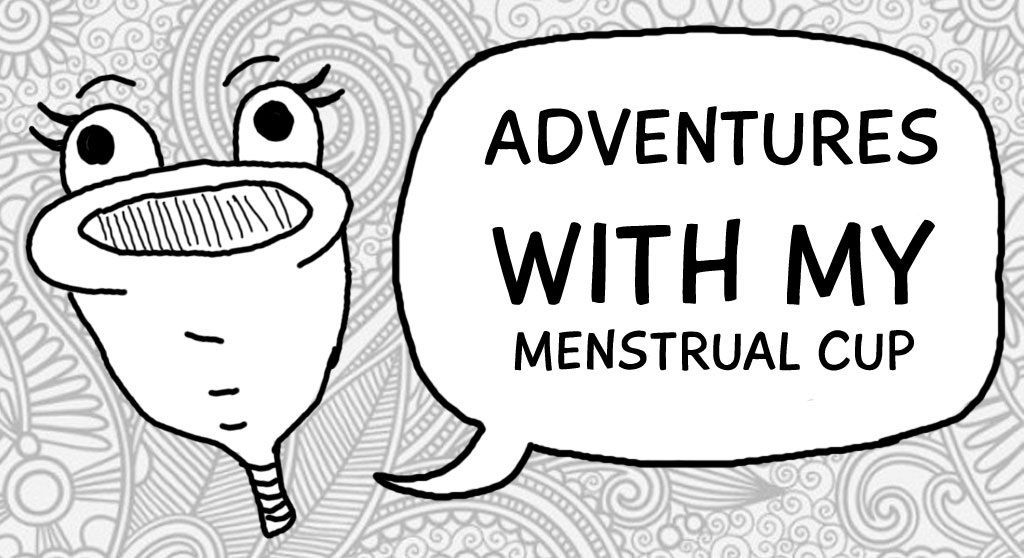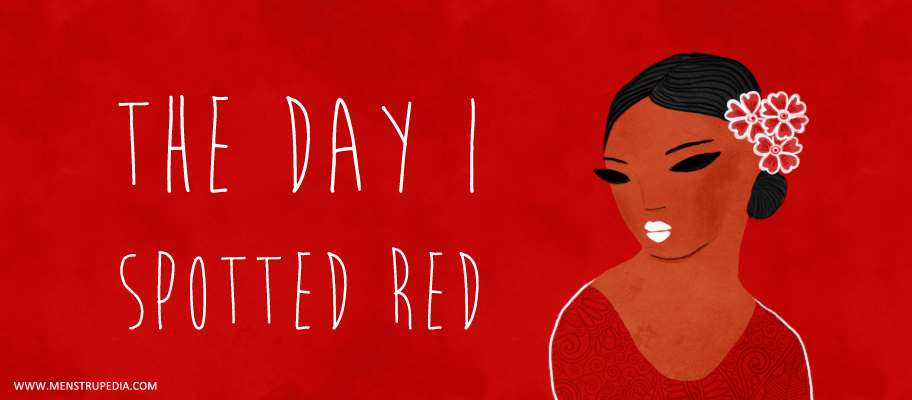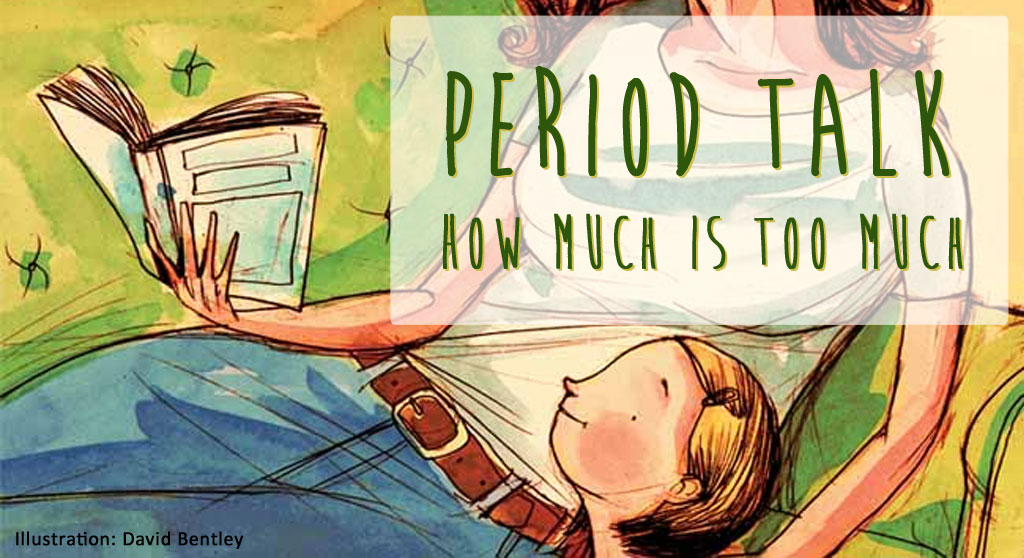Disclaimer: Views expressed here are of the author alone and do not necessarily represent that of the Organization
As I write about my failed menstrual endeavours due to this unforeseen pandemic, I will give a chronological account of the same. Over the course of the past few horrible months, I think I have done enough thinking to come up with some conclusions about menstrual cups. My brain’s infants shall be presented as I progress through pieces of my mind, dated in order below.
15th March, 2020
The pandemic arrived at a time when I was about to make a monumental transition in my life. As an average college-going and social-media-hogging girl, I came across many of my friends’ posts. Those long captions were accompanied with a picture of a flower in a menstrual cup. Social media is flooded with such narratives, and I was inspired. Funnily enough, I have never seen any menstrual cup commercial on TV or even on YouTube, for that matter. Maybe that is due to our national negligence towards development in fields of female sanitation products and an extension of shame attached to anything entering a woman’s vagina. But hey, I am just speculating.
I was fuelling myself with articles available on websites with pink backgrounds and themes. I did a lot of window shopping on Amazon and there are still more menstrual cups in my online shopping cart than there have been inside of me.
22nd March, 2020
Anyhow, the lockdown strikes and I am forced to leave Bangalore and travel back home. The said home is in Jaunpur, a very small obscure town in Uttar Pradesh. It is so obscure that as I am typing, a red line appears under its name suggesting that I rectify its spelling. Sorry, spelling vigilante bot. That is how I spell my town’s name. Accept it.
I reach home and other concerns occupy my mind like the steeply rising COVID-19 cases in India, my final semester examinations, graduation, job applications, dubious plans for further education and what not. After fretting for two whole months, I came to the conclusion that there is nothing much I can do if the planet has been set on fire by a virus so maybe I should just adapt, and so I unwillingly did.

I went to several websites that are active with spreading awareness regarding menstruation and who simultaneously sell menstrual cups. I shifted from Amazon because I’d rather a women-run business benefits from my transformation than a multi-billion-dollar company. To my surprise, none of those websites were delivering to my town, but truth be told, I wasn’t surprised. In a place where I don’t even get the right kind of cheese, a product meant solely for a woman’s hygiene does sound like an unattainable dream.
If someone as privileged as me was facing this unavailability, I wondered about the women who live in villages that are merely 15 kilometers away from my own house. Pandemic or not, there are many towns, and especially villages, where women fail to recognise one menstrual product from another. This reality has been acknowledged and addressed by many of us at different points even before the pandemic. What is unfortunate is that the concern for rural women’s sanitation has again taken a backseat in the middle of this health and economic crisis. The pattern that has surfaced is that women’s sanitation, although drastically fundamental, has never been a priority, and this exotic virus has proved that point yet again.
2nd May, 2020
Although I had reasons to delay using menstrual cups, I practically procrastinated my decision and the reason was my vagina. I had struggled with a condition called vaginismus which subconsciously kept me away from using tampons or menstrual cups. Although I overcame this condition over time, a deep-rooted fear, or anxiety or whatever you may label that feeling as, still remains, and it resurfaced at the thought of using a menstrual cup or when I watched tutorials on how to use it.
Scrolling through my Twitter feed one fine morning, I stumbled across a long thread of tweets by an acquaintance from college. The thread was about how menstrual cups were a perfect alternative to conventional menstrual products and some brilliant points were made. However, the tone of that thread was a little too urgent and it sounded more like a compulsion than a suggestion to use menstrual cups.
After a little personal research that followed me liking that tweet, I found out that menstrual cups may not really be the best option for women who experience vaginismus or use contraceptive rings and other similar modes of birth control. Educating myself again made me question my belief in the one-sided narratives I see on social media, it always does. I was thrilled by this new information and a little disappointed in social media activism. I know we love to joke about men not being able to find the clitoris or them thinking that we pee from our vaginal hole. However, there is so much about the female south zone that we ourselves have to learn about before we take to social media or set up hashtags for people who tap away stories mindlessly.
And now that we have online courses flourishing during this pandemic, I was thinking it would be pathbreaking if a gynaecologist or a fertility specialist offered a course solely dedicated to Menstruation and Women’s Sanitation that is comprehensible and available for people from all walks of life. There are many websites offering MOOCs and a quick course like that could go a really long way in educating people during this pandemic phase where we are all struggling to learn more and to become better versions of ourselves.
Disclaimer: Views expressed here are of the author alone and do not necessarily represent that of the Organization

Author: Vaishnavi Singh
Vaishnavi is from Jaunpur, a town in Uttar Pradesh. She enjoys acting, writing, podcasting, and literary discussions with strangers. You can reach out to her on Instagram and Twitter through the handle @vaynaavee.
Edited by: Divya Rosaline







